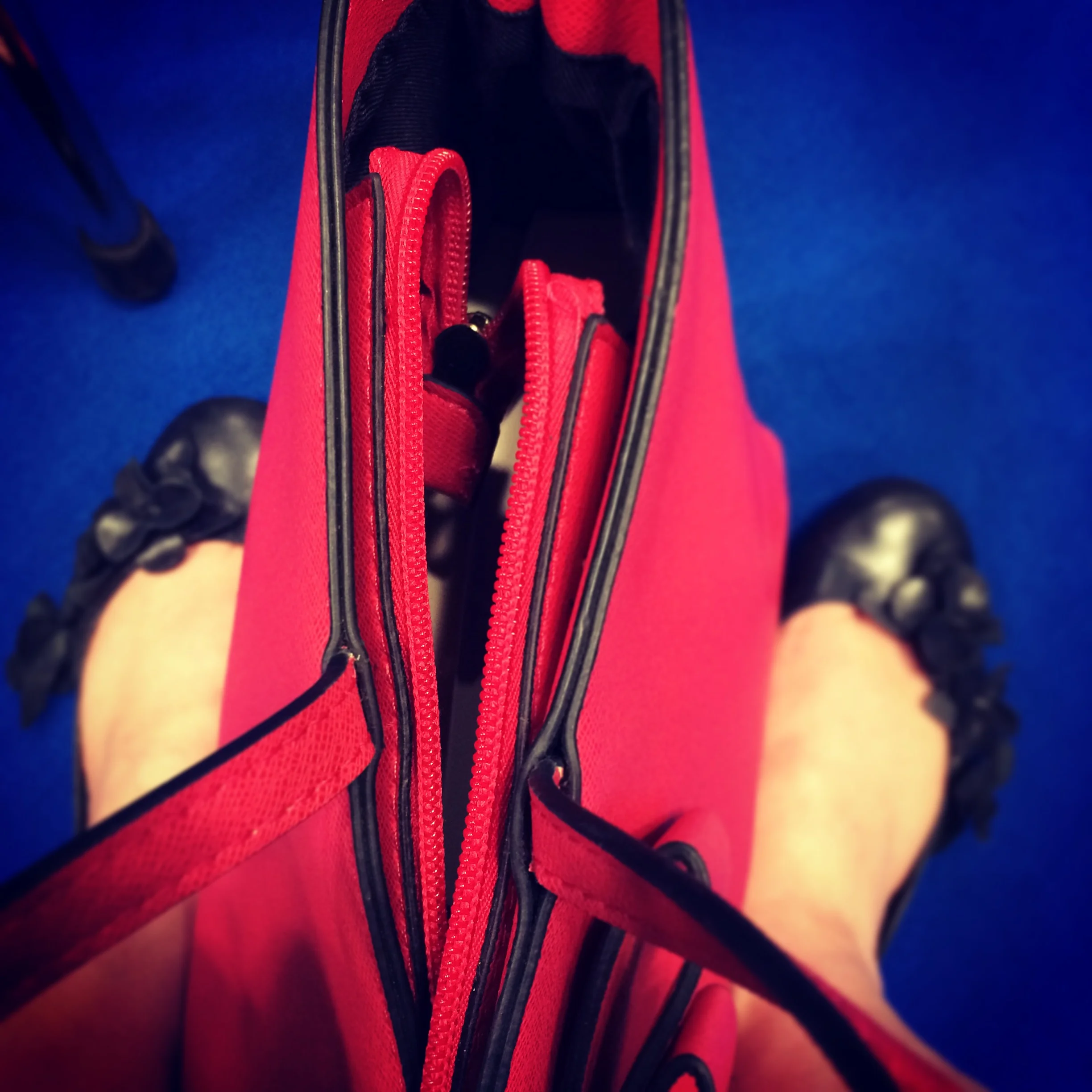I have thought about Eleanor and Park everyday since I read it two months ago.
That’s not a compliment.
In some respects, my attitude is perhaps not terribly fair because a particular aspect of Eleanor and Park elicited a visceral reaction from me that is personal to me, a reaction that a lot of people would not have or understand.
But as I’ve thought about the novel over the past two months, mulling over the possibility that I was perhaps being too sensitive, that the possibility of my being too sensitive was unfairly impacting my view of the rest of the book, and the book as a whole, my final analysis has always been the same: I don’t believe this book.
I don’t believe the historical context.
I don’t believe the characters.
I don’t believe the romance.
Let’s start with the first issue, the historical context.
Eleanor and Park is framed as a historical novel, taking place in Omaha, Nebraska, the author Rainbow Rowell’s hometown, in 1986. Our titular 16-year-old characters meet on the school bus when Park grudgingly allows new kid Eleanor to share his seat.
Park is half-Korean, his parents having met and married in South Korea, where his father was stationed as a member of the army. Hmmmmm. Okay, so they met around 1968? 1969? I have to assume it was no later than 1969 since as a sixteen year old in 1986, Park would have to have been born in 1970. So...during the height of the Vietnam War, when a draft was in place to send as many young men as possible into the fray, Park’s father, an able-bodied member of the U.S. military was...stationed at an army base in Korea. Possible, I suppose, but still a bit ludicrous to me.
Ok, so then his parents get married and move to his father’s hometown of Omaha, Nebraska where Park is raised and, according to Park, the good people of Omaha,
“...couldn’t call him a freak or a [anti-Asian slur] or a [homosexual slur], because—well, first, because his dad was a giant and a veteran and from the neighborhood.”
Let me get this straight.









